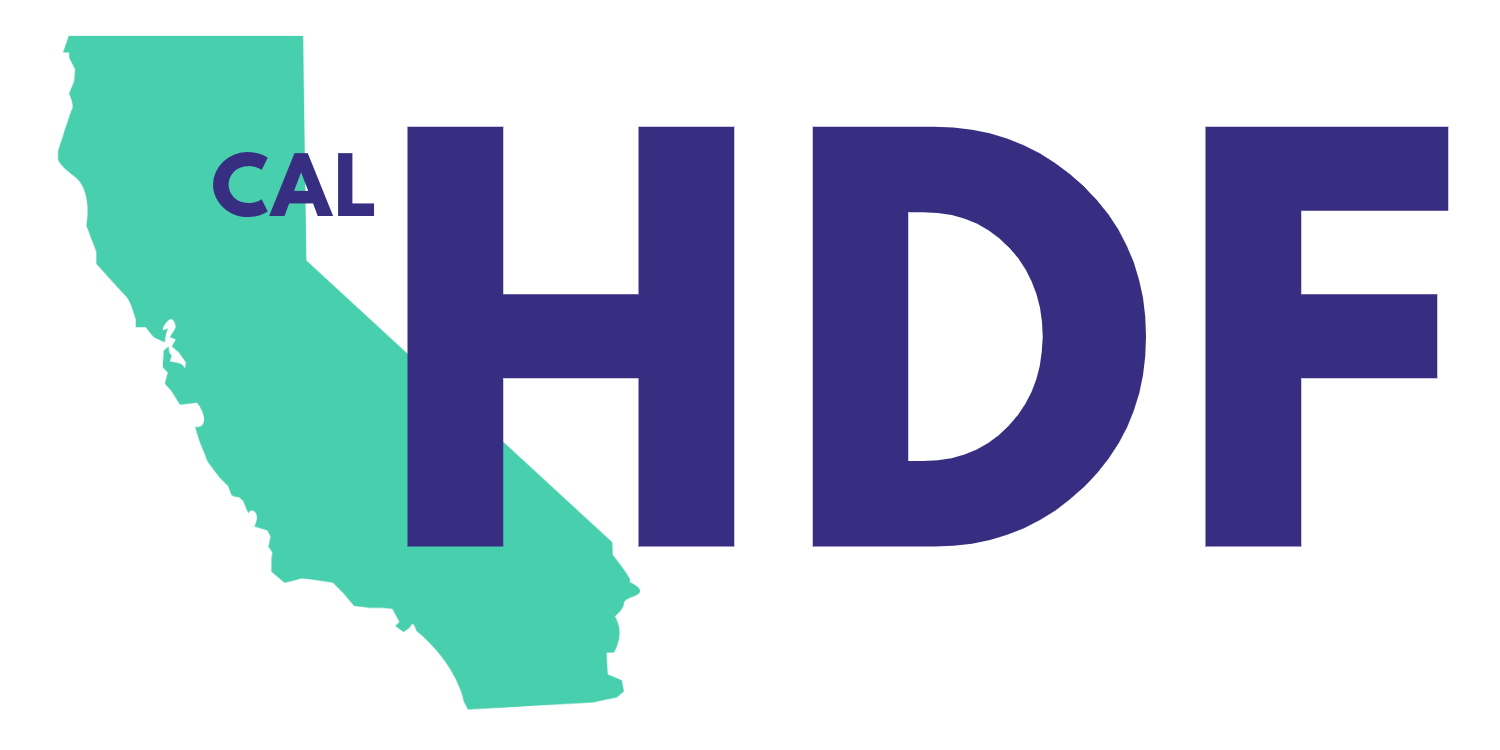Join CaRLA
Be a part of our Avocado Watch Network. No one can be in every city hall at once. But all of us can, together.
For a scrappy team of four, we’re punching far above our own weight. Doing so takes staff time, legal fees, research hours, and lots of other resources.


Benefits of the Avocado Watch Network
Avocado Level
$10/month or $120+
Join our online discussion group

Free events and swag
Guacamole Level
$25/month or $300+
Join conference calls with CaRLA staff

Limited Edition AWN Pin
Avocado ($120+/year or $10/month)
An online discussion group: We’re creating an email list and slack community. This is an online space to talk all things housing law with your fellow CaRLA Avocados, to discuss and debate urbanist topics.
Events and passes: Throughout the year, receive free tickets to our workshops, panels, events, and more! These events are an opportunity to learn about state housing law, get insight from leading figures and network with fellow Avocados.
Guacamole ($300+/year or $25/month)
Includes all of the above, PLUS
Q&A conference calls: We have periodic discussions by phone or slack chat with CaRLA staff, volunteers, and collaborators to dive deeper into our news and advocacy.
Limited edition AWN Pin: Show off your houser pride with one of our exclusive Avocado Watch Network enamel pins. Your nearly 2″ tall pin is designed to be easily visible from the dais of most city councils, letting your city attorney mean you know business and that CaRLA is watching out for all of our future neighbors.
